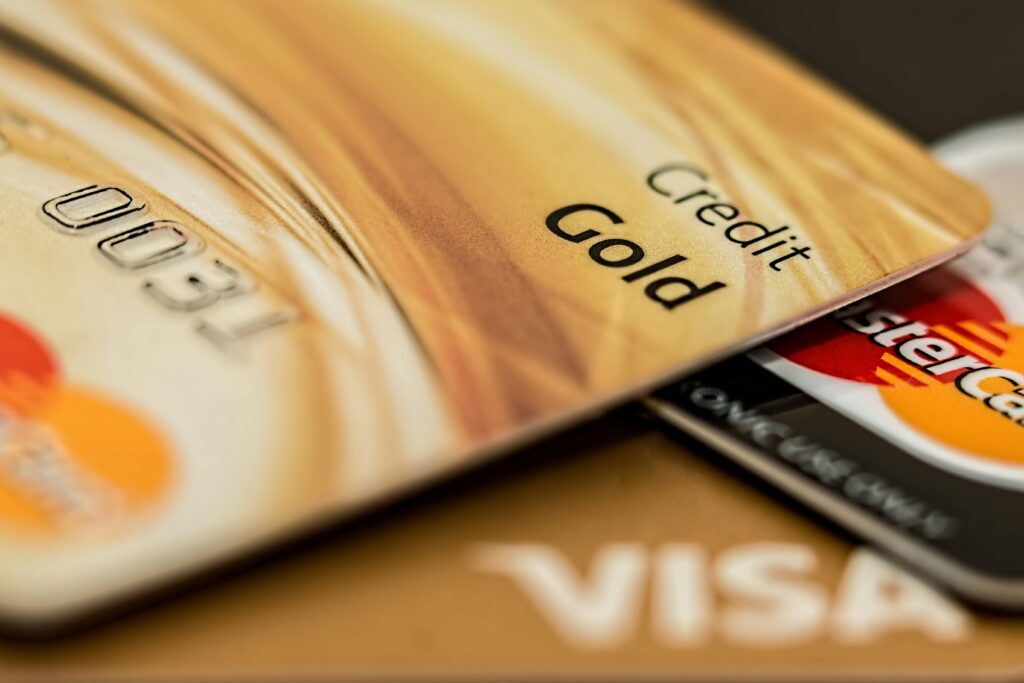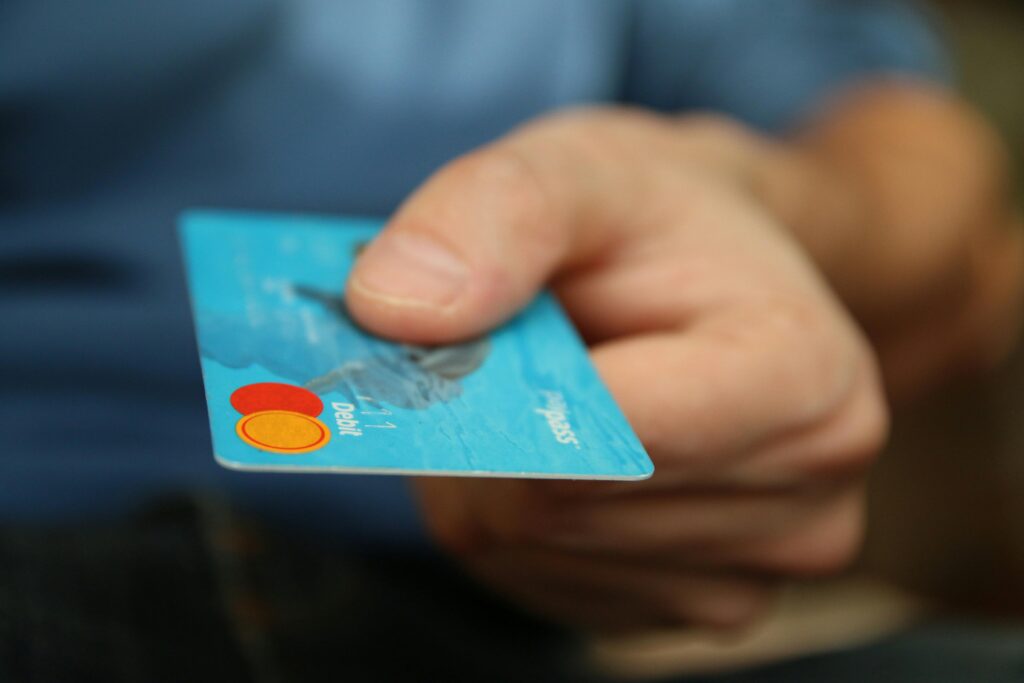Credit cards are one of the most widely used financial tools today. They offer convenience, rewards, and flexibility, but they also come with responsibilities and potential pitfalls. If you’re considering applying for a credit card, it’s essential to understand the fundamentals, the benefits, the risks, and how to choose the best card for your needs. This guide covers everything you need to know before applying.
1. What is a Credit Card?
A credit card is a financial tool issued by banks or financial institutions that allows you to borrow money up to a certain limit to make purchases, pay bills, or withdraw cash. Unlike a debit card, which deducts money directly from your bank account, a credit card lets you borrow money and repay it later, usually with interest if not paid on time.
2. Types of Credit Cards
Understanding the different types of credit cards helps you choose the one that fits your financial habits and goals:
- Standard Credit Cards – Basic cards with no rewards but useful for building credit.
- Rewards Credit Cards – Earn points, miles, or cashback for every purchase.
- Secured Credit Cards – Require a deposit and are ideal for beginners or those with poor credit.
- Low-Interest or 0% APR Credit Cards – Offer low or no interest for a promotional period.
- Business Credit Cards – Designed for business expenses with rewards tailored to businesses.
- Student Credit Cards – Targeted at students with limited credit history.
3. Benefits of Having a Credit Card
Credit cards offer several advantages when used responsibly:
- Convenience: Pay anywhere without carrying cash.
- Credit Building: Timely payments improve your credit score.
- Rewards & Cashback: Earn benefits on daily spending.
- Purchase Protection: Some cards provide extended warranties or fraud protection.
- Emergency Use: Useful for unexpected expenses or travel emergencies.
4. Key Credit Card Terms You Should Know
Before applying, familiarize yourself with these terms:
- Credit Limit: Maximum borrowing allowed.
- Annual Percentage Rate (APR): Interest rate charged on unpaid balances.
- Grace Period: Time to pay off balance before interest accrues.
- Minimum Payment: The least amount you must pay each month.
- Fees: May include annual fees, late payment fees, balance transfer fees, or foreign transaction fees.
5. Factors to Consider Before Applying
When choosing a credit card, consider the following factors:
- Your Spending Habits: Choose a rewards card if you spend regularly.
- Interest Rates: Low APR cards are better if you plan to carry a balance.
- Fees: Avoid cards with high annual fees unless rewards outweigh costs.
- Credit Score Requirements: Check if your credit score qualifies for the card.
- Promotions & Perks: Look for sign-up bonuses, travel perks, or cashback incentives.
6. How Credit Cards Affect Your Credit Score
Credit cards impact your credit score in multiple ways:
- Payment History (35%): Timely payments improve your score.
- Credit Utilization (30%): Keep balances below 30% of your limit.
- Length of Credit History (15%): Older accounts strengthen your score.
- Credit Mix (10%): A mix of loans and credit cards shows responsible use.
- New Credit (10%): Too many new accounts in a short period may reduce your score.
Responsible usage helps build your credit history, which can help in getting loans or mortgages in the future
Tips for Using a Credit Card Wisely
- Pay your balance in full every month to avoid interest charges.
- Never miss payment due dates.
- Avoid maxing out your credit limit.
- Monitor your statements for unauthorized transactions.
- Use rewards and cashback opportunities to maximize benefits.
8. Common Credit Card Mistakes to Avoid
- Paying only the minimum balance.
- Applying for too many cards at once.
- Ignoring fees and interest rates.
- Overspending beyond your means.
- Neglecting to check your credit score regularly.
9. Frequently Asked Questions (FAQ)
Q1: How do I choose the right credit card?
A: Identify your spending habits, check your credit score, compare fees and interest rates, and select a card that matches your financial goals.
Q2: Can I get a credit card with no credit history?
A: Yes, secured credit cards or student credit cards are ideal for beginners.
Q3: How much credit limit should I apply for?
A: Apply for a limit you can comfortably manage. Higher limits can boost your credit utilization ratio if used responsibly.
Q4: Will applying for a credit card affect my credit score?
A: Yes, each application results in a hard inquiry, which may slightly lower your score temporarily.
Q5: Can I use a credit card abroad?
A: Most credit cards can be used internationally, but check for foreign transaction fees.
A credit card is a powerful financial tool that can help you manage expenses, build credit, and earn rewards. However, misuse can lead to debt and credit score damage. Before applying, carefully evaluate your financial situation, spending habits, and the features of different cards. By using your credit card responsibly, you can maximize its benefits and avoid common pitfalls.



